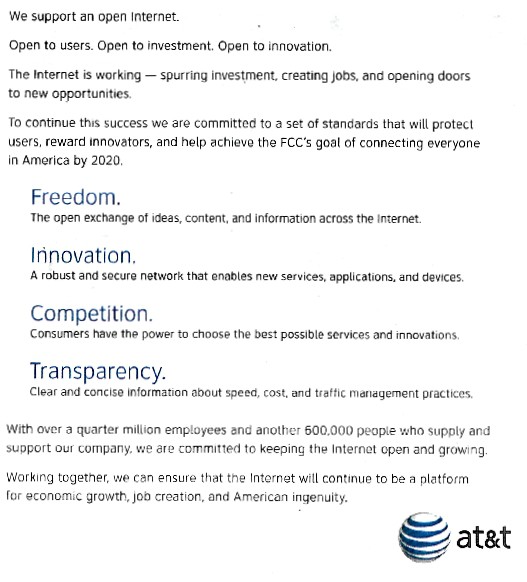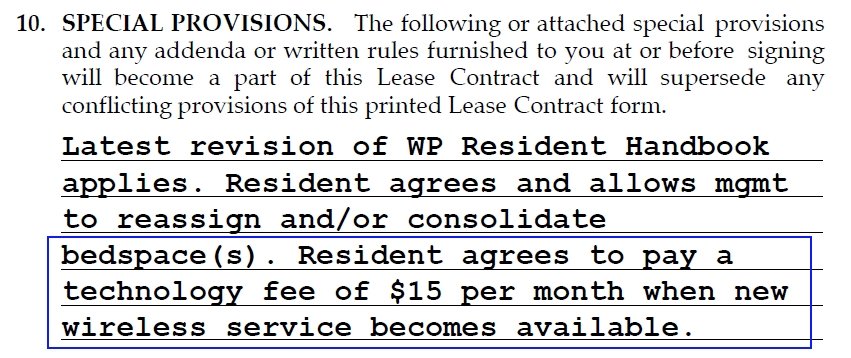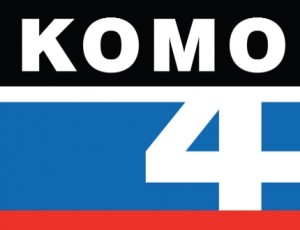AT&T is buying newspaper ad space to publish a feel good message about Internet Openness that bears no reality to the company’s multi-million dollar lobbying effort to derail broadband reform, taking guarantees of a free and open Internet with it.
The advertisement’s appearance is remarkable, coming at the same time the company’s “government affairs” team of paid lobbyists and friends are browbeating elected officials and the Federal Communications Commission. AT&T wants the right to allow preferential treatment of its selected content partners while dumping everyone else on the Internet slow lane.
 The only opening AT&T supports is a new way to cash in even further on the Internet. An “open network” to the phone giant means one that is totally deregulated and open to whatever AT&T wants to do with it.
The only opening AT&T supports is a new way to cash in even further on the Internet. An “open network” to the phone giant means one that is totally deregulated and open to whatever AT&T wants to do with it.
AT&T’s “innovation” is to monetize the traffic that happens to cross their network on its way to AT&T customers. By manipulating broadband traffic, AT&T will sell its “selected partners” priority access, shoving uncompensated traffic out of the way to make room for whatever AT&T’s special friends want you to see. While that’s great news for companies that agree to pay AT&T’s tolls, it’s very bad news for everyone else, because the websites you choose to visit may or may not be available on the second rate “free lane.” Given the choice between AT&T-backed video streaming or a third party provider like Netflix, guess what traffic will never get stuck “buffering” or face glitches.
Investors love the concept because AT&T can collect revenue just by sitting back and demanding tolls from content they neither produce nor host. It’s not as if they haven’t been paid already — by their customers — to obtain access to that content. AT&T wants another payday for their shareholders while sticking you with second-rate service.
The problem with AT&T’s world view is… AT&T’s world view. Real innovation would mean delivering customers a world class broadband service the envy of anyone, delivered on America’s most advanced communications network, not re-purposed copper wire phone lines. Then, “traffic management” on a mega-sized information highway wouldn’t have to squeeze the speed of some traffic to make room for “premium content.” There would be plenty of room for one and all.
AT&T’s proposed answer for broadband reform is all about their interests, never yours.

America already experienced a corporate-sanitized online experience with preferred content partners. It was called Prodigy, and by 2000 it was fed to 77 million SBC (later AT&T) customers.
Some examples:
- Net Neutrality has been a part of AT&T’s corporate life for several years as a condition of its 2005 merger with SBC. It didn’t harm their ability to provide all of the innovation, service, and speeds they could have, but never did. Nothing about Net Neutrality protection harms AT&T’s ability to deliver broadband service to more of its customers. Giving AT&T whatever it wants won’t change that fact or deliver service to a single new customer;
- The freedom AT&T writes about is their idea of a Corporate Bill of Rights, which grants them the freedom to exchange their ideas and content, but says nothing about protecting your freedom of speech;
- A robust and secure network should exist regardless of Net Neutrality, considering the enormous amount of cash AT&T harvests from their Internet customers month after month. AT&T is free to innovate all they like, on a level-playing-field, where customers can choose the best applications at the best prices, not the ones AT&T provides to them on a paid fast lane;
- AT&T’s record on competition is laughable when it spends its free cash on an army of lobbyists and “dollar-a-holler” interest groups. Their mission? To oppose potential competitors and enthusiastically support AT&T’s competition-busting mergers and acquisitions that further concentrate their market power;
- For AT&T’s customers, transparency alone is hardly the kind of consumer protection Internet users need. Yes, it’s nice to be told when you are overpaying for broadband service that is “network managed.” Admitting AT&T seeks to throttle broadband speeds and potentially block websites in a monopoly/duopoly market doesn’t help much when customers can’t find another provider. Disclosing the fact AT&T is sticking it to you is not the same thing as prohibiting them from trying in the first place.
AT&T has no interest in working with anyone that opposes their corporate interests.
The Internet should not be AT&T’s personal playground, ready and able to be “managed” out of its unique ability to deliver ideas equally — to be judged on their merit — not on the money backing them.
Americans have already experienced a corporate-sanitized online service for pre-approved ideas, products, and services. It was called Prodigy, and by 2000 it was to become the Internet experience for 77 million SBC (later AT&T) customers. By the time the bottom fell out in 2001, SBC owned 100 percent of the service nobody wanted. In 2005, SBC tried to sell the Prodigy brand in the United States. There were no buyers.
That should be the outcome of AT&T’s proposal for “an open Internet.” No deal.
 Back in July, Stop the Cap! shared the story of Mark Williams, an eager new customer for Time Warner Cable in Lee, Massachusetts. The only thing getting in the way of Williams’ desire to shower the cable company with money for its triple-play Internet, cable, and phone service was the $12,000 fee the cable company sought to install it.
Back in July, Stop the Cap! shared the story of Mark Williams, an eager new customer for Time Warner Cable in Lee, Massachusetts. The only thing getting in the way of Williams’ desire to shower the cable company with money for its triple-play Internet, cable, and phone service was the $12,000 fee the cable company sought to install it.

 Subscribe
Subscribe








